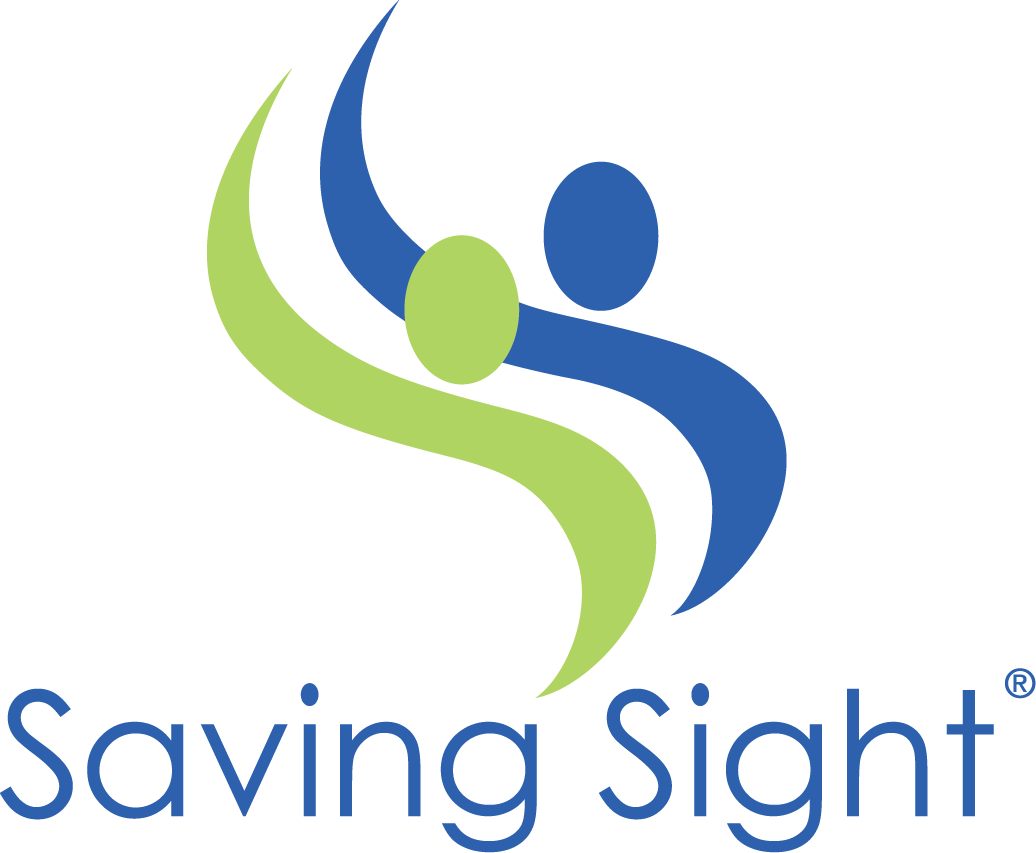
For as long as Rosalia remembers, the love of reading and learning have been important to her. “When I was in third grade, I read every book in the third grade library,” she recalls, amused. “I’ve been a reader from a long way back. I’ve always joked if I couldn’t find anything to read, I would read the labels on the soup can.”
This love of learning led Rosalia to become a home economics teacher and she also was certified to teach English. It was while teaching she met her husband.
When the hereditary disease Fuchs’ dystrophy threatened Rosalia’s ability to see clearly in retirement, she received two corneal transplants in the span of two years thanks to the generous gift of sight from eye donors. “I just feel so fortunate and blessed because this changed my life so completely,” she says. “I can’t express how grateful I am to the donors for my gift of sight.”
Rosalia is no stranger to Fuchs’ dystrophy and cornea transplantation. Her father underwent two full corneal transplants and her sister has also received two transplants so she knew what to expect. “You don’t just wake up one morning and everything is so cloudy you can’t see,” she says, “But it’s gradual and you try to compensate as long as possible.” As her eyesight diminished, Rosalia began having to read and sew using hand held magnifying glasses they kept in every room in their home. She also was the main driver in the family at the time and needed her vision corrected to be able to continue taking her husband to his dialysis appointments.
Thanks to her transplants, Rosalia can see clearly in her daily activities and while spending time with her 3 children and 5 grandchildren. “It is so wonderful that now I can pick up almost anything and read the fine print. It’s such a blessing.”
Rosalia has long carried the organ donor designation on the back of her driver’s license and encourages others to join the registry as well. “I strongly felt that was important, and having had a parent who had been through it I understand it even more,” she says. “When you no longer need it, if someone else can see or receive a heart, lung or kidney why not donate to help them? Because of my husband’s need for dialysis, I know how long the list is for getting a kidney, so I felt very blessed to be able to receive a cornea transplant,” says Rosalia.
You can help others when you join the national organ, eye and tissue donor registry at www.registerme.org. And be sure to discuss your decision with family members so they know what your wishes are regarding donation.

